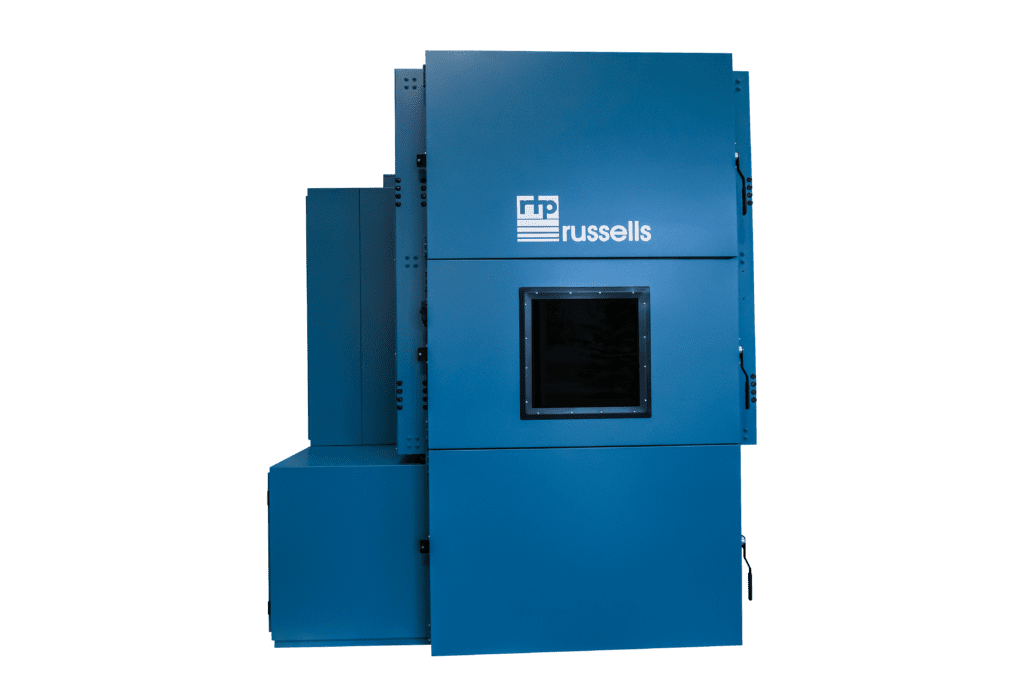Consumers and manufacturers alike rely on devices to operate functionally across a wide range of temperatures and environments. It’s why your iPhone shuts down automatically when left in a hot car. Similarly, you would expect a SpaceX Starlink satellite to transmit wireless signals properly in any orbit position across a wide range of temperatures. Thermal shock testing is the process by which companies expose their products across various temperature extreme environments to challenge durability and assess critical failure points.
What is Thermal Shock Testing Used For?
Thermal shock testing reduces the risk of premature product failure by replicating environments between two or more temperature extremes. This type of testing is typically cyclic with its duration defined by a set number of cycle transitions between temperature set points.
Almost every industry from aerospace to automotive and consumer products to defense requires the features of thermal shock testing to define the feasible working limits of their products.
Consider the application of starting a vehicle in Alaska in February, or the flight data simulators in commercial aircraft exposed to rapidly changing temperatures while ascending to cruising altitude.
Choose the Industry-Leader in Thermal Shock Testing
While you may have the infrastructure to conduct thermal shock testing using multiple chambers set to various extreme temperatures, our double duty thermal shock systems have the capability to test temperatures between -185°C and +200°C in cyclic profiles with transfer times achievable in under 15 seconds.
And whether you need to test a lithium-ion battery pack, or a 2,000lb engine block, our systems can be custom designed and manufactured to meet your specific product and testing requirements. Additionally, our chambers can achieve common testing standards including DEF-STAN-00-35, IEC 60068, MIL-STD-810, MIL-STD-202, MIL-STD-883, and SAE J2657.
Chambers Built to Last, For Products Designed to Last
With a Russells double duty thermal shock chamber, manufacturers can thermally shock and stress their products to detect and accelerate potential flaws or defects prior to those products reaching their customers. Demands for higher product precision have increased efforts across industries to manufacture stronger and more durable components, and exposure to extreme temperature changes can offer quality data to inform critical developmental decisions.
Thermal shock testing is therefore crucial to development engineers in defining and designing for product robustness and longevity. Our engineers will work with your testing team to develop a thermal shock system that can achieve any standard or custom test profile. Our systems are proven in every industry, so you can count on Russells Technical Products as you test your products to their limits.
